Flooding: it can happen to anyone, anywhere. It’s very difficult to prevent and even harder to stop once it’s happening. And although it’s one of the most common consequences of natural disasters and causes the most costly damage, flooding is actually not covered by most association insurance policies. Ironic, isn’t it?
A Few Facts about Flooding
- 90% of all natural disasters involve some sort of flooding.
- One in four businesses that close due to flooding or other natural disasters never reopen.
- From 2006 to 2015, federal flood insurance claims averaged $1.9 billion per year.
- All 50 states are subject to flooding – no one is immune!
Commercial Flood Insurance – Do you need it?
If you’ve assumed damage from flooding is covered in your association insurance, you’re not alone. The reality is that there’s a good chance flooding in fact isn’t covered; it’s worth seriously considering adding a commercial flood policy to your insurance arsenal, even if you aren’t in a high-flood zone. Remember, it doesn’t take a hurricane to cause serious water damage; flooding can be caused by something as simple as a clogged drain in moderate rainfall.
What does it cover?
Commercial flood coverage provided by the National Flood Insurance Program (NFIP) offers up to $500,000 of coverage on the building property (building and foundation, electrical and plumbing systems, HVAC equipment, carpets, paneling, cabinets, etc.) and $500,000 of coverage on personal property (including furniture, fixtures, appliances, etc.), that have sustained floodwater damage.
Deductible options through NFIP go up to $50,000 and apply separately to the Building Property and Personal Property coverage. The policy will include and should be carefully reviewed in order to determine exactly what will and will not be covered.
Considerations
Commercial flood insurance can save you thousands in the event of a flood or disaster, but the policy will not take effect until 30 days after it is purchased. Preparation is key: obtain your policy well in advance to avoid unnecessary losses.




